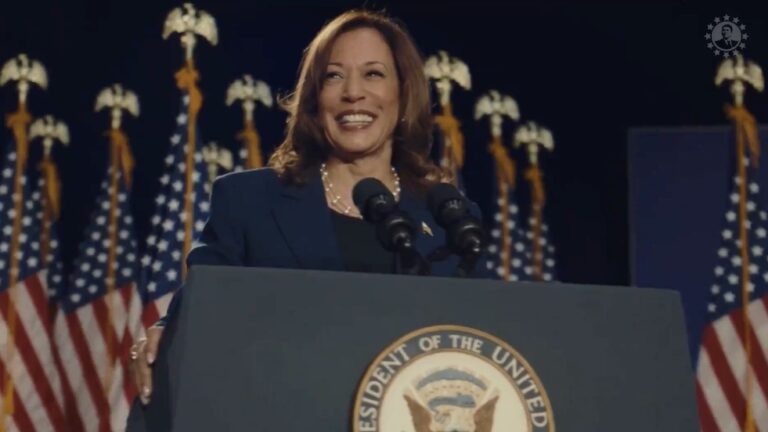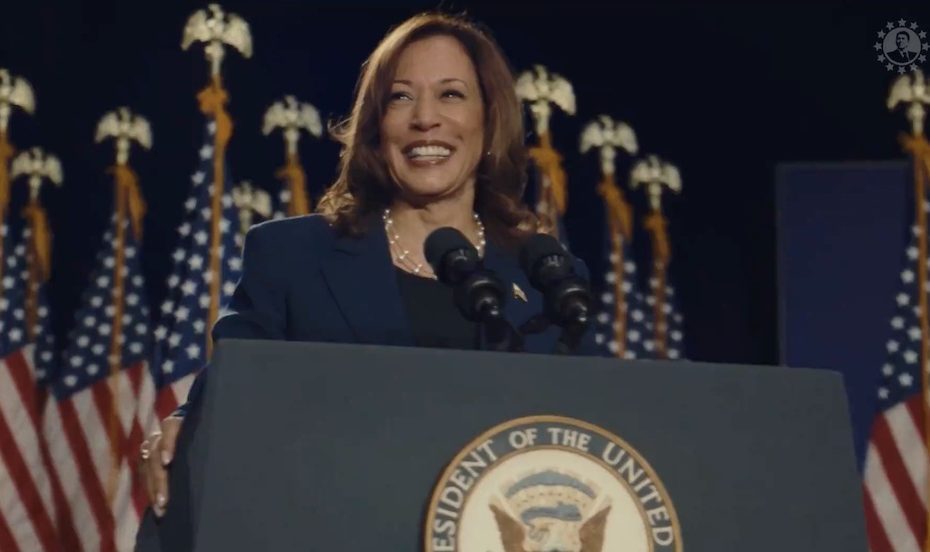
Upholding the First Amendment, a senior US district judge has blocked California's deepfakes law AB 2839, which was intended to prevent deceptive AI-generated content from influencing election results.
Last month, Christopher Kohls, a parody video creator known as “Mr. Reagan” on YouTube and X (formerly Twitter), filed a lawsuit to block the law. He alleged that AB 2839 unconstitutionally targeted his protected satirical content, including a fake Kamala Harris video that Elon Musk retweeted, which upset California Governor Gavin Newsom.
Kohls urged Judge John Mendez to issue a preliminary injunction, arguing that the law was unconstitutionally vague and allowed anyone who viewed his parody videos to sue him, claiming they were influenced by his content misled.
In an order Wednesday, Mendez granted the preliminary injunction, agreeing with Kohls that “the statute infringes on his right to freedom of expression and is unconstitutionally vague.” Although the judge recognized that the government had a valid interest in protecting election integrity, almost no part of the deepfakes law survives strict constitutional scrutiny, Mendez said, suggesting the law was not severable and could not be saved.
Rather than trying to “enforce silence,” California officials would be better off combating deepfakes with “more speech,” Mendez said. “Especially when it comes to political speech, contradiction is the time-tested buffer and elixir, not the constraint of speech.”
“Victory!” Kohls posted on X. “Lawsuit against Newsom won.”
Musk predictably joined in the victory celebration, replying, “Congratulations! Score one for the people's right to freedom of expression.”
This acknowledgment clearly pleased Kohls, who replied, “Thank you, sir. We should go to war together again someday.'
Jeff Kosseff, a First Amendment scholar and senior fellow at the nonpartisan think tank The Future of Free Speech, praised the ruling as an important precedent regarding AI-generated online content.

